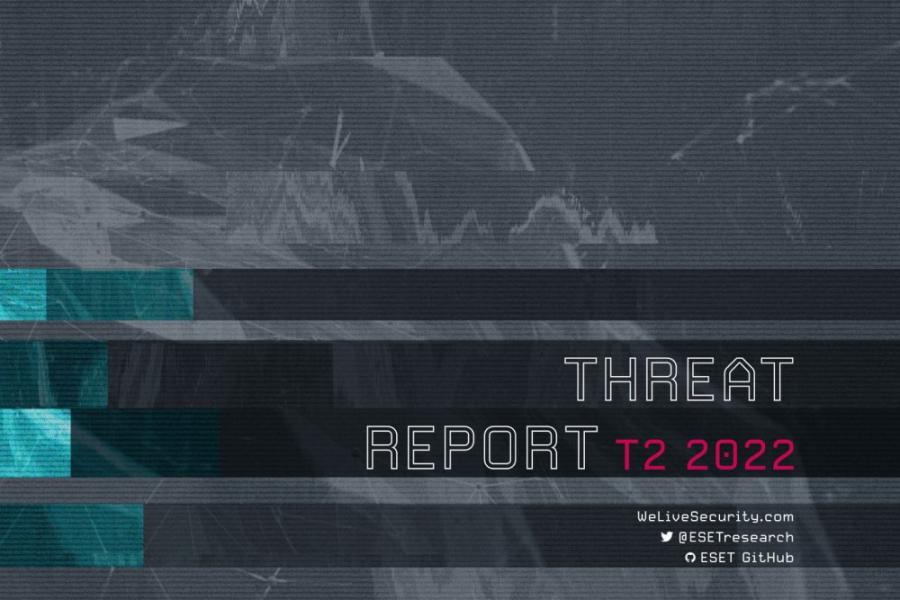The rise of deepfakes in job interviews: Why we should be concerned
By Susan Armstrong
If you’re fearful of a future where a potential employer can’t tell the difference between a real applicant and a computer-generated forgery, aka a deepfake, and offers the job to them instead of you, you have reason to be a little alarmed.
The FBI’s Internet Crime Complaint Centre (IC3) released a Public Service Announcement (PSA) warning employers and job seekers about the rising risk of deepfakes during the recruitment process.
Sure, watching startlingly accurate deepfake videos of actors like Tom Cruise can be fun, albeit a little unnerving at times.They’re so popular there’s now a TikTok account dedicated entirely to them.
There’s also the brilliantly executed Spider-man: No Way Home trailer that replaces Tom Holland’s face with the original Tobey Maguire.
And Korean television channel MBN showed how easily deepfakes could become part of everyday mainstream media by presenting viewers with a deepfake of its own news anchor, Kim Joo-Ha.
But the phenomenon is growing rapidly online and has the potential to become very harmful.
Earlier this year, Meta said it removed a deepfake video that claimed to show Ukrainian president Volodymyr Zelenskyy demanding Ukrainian forces to lay down their arms amid Russia’s invasion.
Deepfakes are applying for home office positions
Just as concerning is the harm that individuals could face from being targeted by deepfakes.
“The use of the technology to harass or harm private individuals who do not command public attention and cannot command resources necessary to refute falsehoods should be concerning,” the US Department of Homeland Security warned in a report about deepfake technology.
Now that cybercriminals are infiltrating organisations with deepfakes, this poses very damaging threats.
According to the FBI, they’re applying for working from home positions that include “information technology and computer programming, database, and software related job functions. Notably, some reported positions include access to customer PII, financial data, corporate IT databases and/or proprietary information”.
How can companies prevent it?
When you consider that more than 34 per cent of businesses around the globe are affected…


